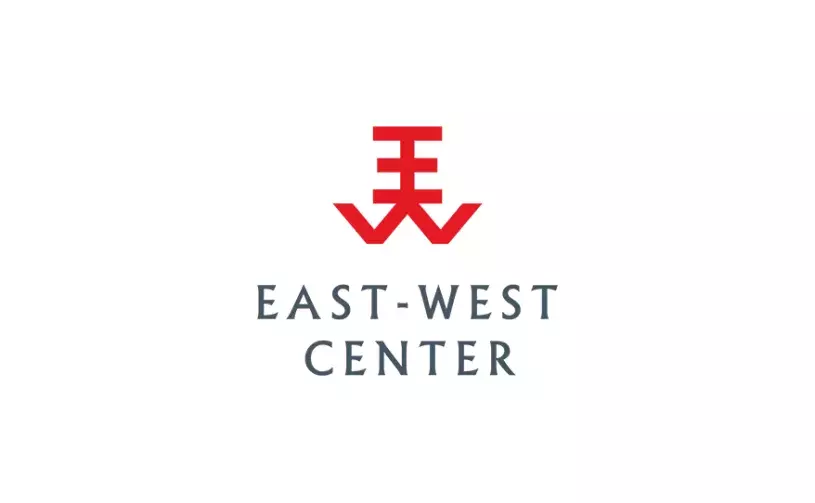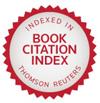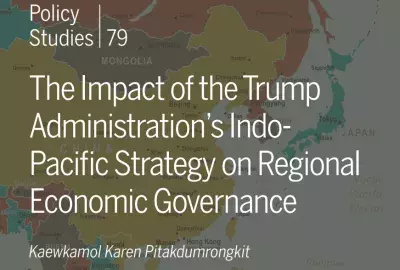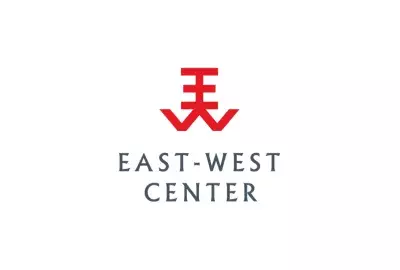Error message

This study analyzes the ongoing conflicts in southern Thailand and southern Philippines between indigenous Muslim minorities and their respective central governments. In particular, it investigates and interrogates the ideological context and content of conflicts in southern Thailand and southern Philippines insofar as they pertain to Islam and radicalism in order to assess the extent to which these conflicts have taken on a greater religious character and the implications this might have on our understanding of them. In the main, the monograph argues that while conflicts in southern Thailand and southern Philippines have taken on religious hues as a consequence of both local and external factors, on present evidence they share little with broader radical global Islamist and Jihadist ideologies and movements, and their contents and contexts remain primarily political, reflected in the key objective of some measure of self-determination, and local, in terms of the territorial and ideational boundaries of activism and agitation. Furthermore, though both conflicts appear on the surface to be driven by similar dynamics and mirror each other, they are different in several fundamental ways. About the Author | Additional titles in the Policy Studies series |

This study analyzes the ongoing conflicts in southern Thailand and southern Philippines between indigenous Muslim minorities and their respective central governments. In particular, it investigates and interrogates the ideological context and content of conflicts in southern Thailand and southern Philippines insofar as they pertain to Islam and radicalism in order to assess the extent to which these conflicts have taken on a greater religious character and the implications this might have on our understanding of them. In the main, the monograph argues that while conflicts in southern Thailand and southern Philippines have taken on religious hues as a consequence of both local and external factors, on present evidence they share little with broader radical global Islamist and Jihadist ideologies and movements, and their contents and contexts remain primarily political, reflected in the key objective of some measure of self-determination, and local, in terms of the territorial and ideational boundaries of activism and agitation. Furthermore, though both conflicts appear on the surface to be driven by similar dynamics and mirror each other, they are different in several fundamental ways. About the Author | Additional titles in the Policy Studies series |








